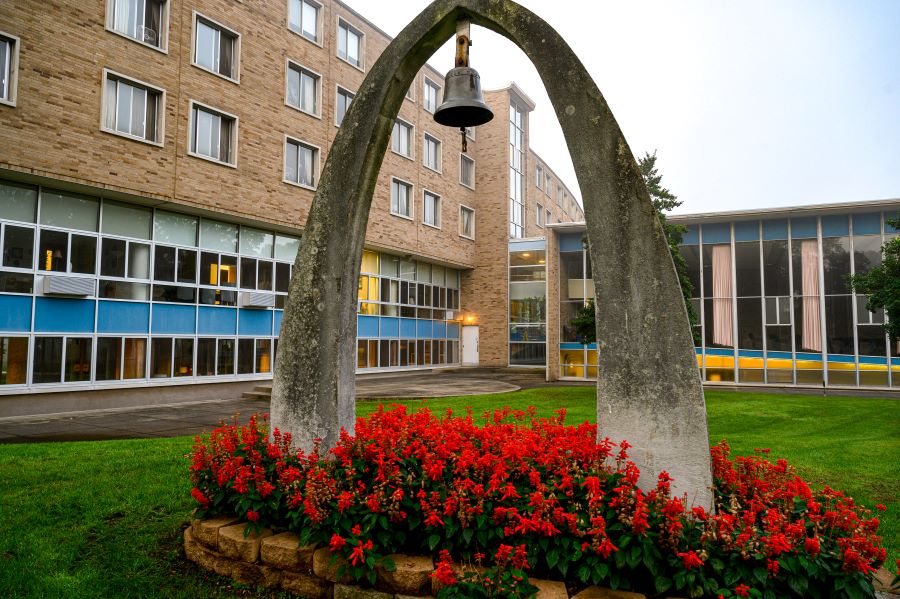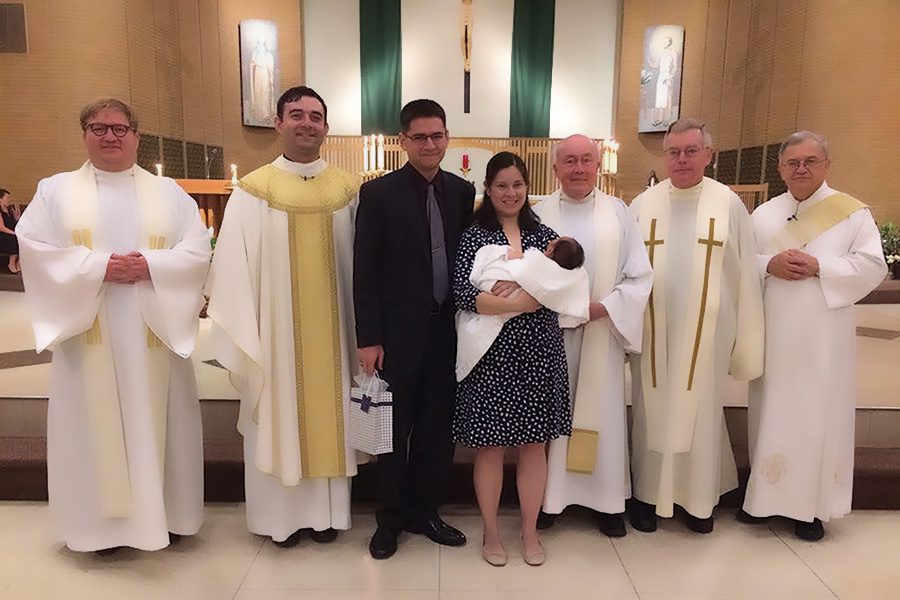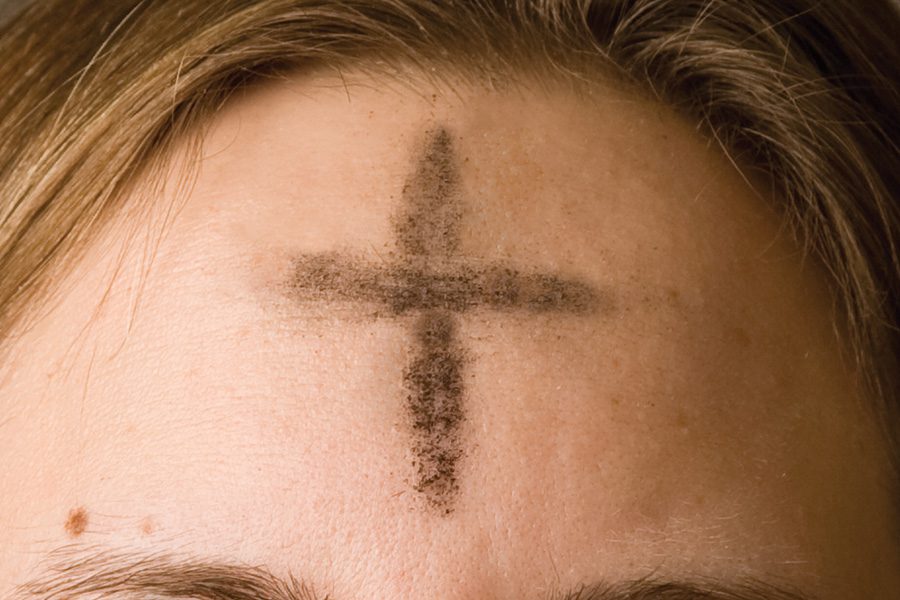Pictured are the grounds outside of Moreau Seminary.
For the kingdom to come in this world, disciples must have the competence to see and the courage to act. (Constitutions of the Congregation of Holy Cross, 2:14)
Martin Niemöller [1892-1984] had both competence and courage. He served as a German Naval officer during World War I. Following that war, he made a major shift in the way he expressed his loyalty to his country. Niemöller prophetically spoke out against Hitler and the Nazis before, during, and after World War II.
Niemöller was a prominent German, a Lutheran pastor, a respected theologian, and the founder of the Confessing Church. What troubled him most was the indifference of German Christians in the 1930s and 1940s, especially their silence as Hitler rose to power.
One of Niemöller’s well-known and frequently repeated sayings speaks to the danger of apathy and indifference in the face of overwhelming social needs. This is one version of what he said.
First, they came for socialists – and I did not speak out.
Because I was not a socialist.
Then they came for trade unionists – and I did not speak out.
Because I was not a trade unionist.
Then they came for the Jews – and I did not speak out.
Because I was not a Jew.
Then they came for me – and there was no one left
to speak for me.
They did come for him. Preaching resistance to Hitler throughout Germany got Niemöller arrested by the Gestapo. In 1937, he was imprisoned, first at Sachsenhausen and then in Dachau, from which he was liberated by the Allied forces in 1945, after almost 8 years of incarceration.
Martin Niemöller’s well-known saying was created from the context of his life as a Lutheran priest in Nazi Germany in the 1930s and 1940s. His “poem,” as it is called at times, can be considered an indictment of indifference toward social issues suffered anywhere, anytime, by anyone. Having traveled 80 years from 1945 to 2025, we might benefit by taking Niemöller’s saying to heart.
Our life context has its share of issues and injustices. One that receives prominent headlines and genuine concern in our country is the treatment of migrants and issues of immigration. Another is racism and white supremacy. Another is health care, especially for the most vulnerable, poor, and marginalized. The protection and care for human life from the womb until natural death is another. The “list,” which is really not a list but rather life in our day and age, goes on.
Take as just one major example among the many, the context of global warming and the care of planet Earth. Pope Francis, the U.S. Bishops, and Pope Leo XIV urge us to abandon silence and indifference in this matter. They challenge us to competently see the wounds inflicted on the natural world in which we live and do something to heal those wounds.
In 2015, Pope Francis wrote Laudato Si to express his concern for the care of our common home. Eight years later, he wrote a follow-up exhortation entitled Laudate Deum. “I have realized our responses have not been adequate, while the world in which we live is collapsing… .”
The Bishops of the United States wrote to U. S. Catholics that, “our care for one another and our care for the earth are intimately bound together. The effects of climate change are borne by the most vulnerable people, whether at home or around the world.” [USCCB 2019].
Pope Leo XIV, as recently as this month, July 2025, spoke about “a world where the most vulnerable are the first to suffer the effects of climate change. Now is the time to follow words with deeds.” This new Pope has authorized a Mass for the Care of Creation. He has interrupted his vacation at Castle Gandolfo to appeal and pray for action. Here’s what he said.
“We have to pray for the conversion of many people … who still do not see the urgency of caring for our common home.” We must be committed to speaking about this major concern, “even when it requires courage to oppose the destructive power of the princes of this world.”
In effect, the U.S. Bishops, Pope Francis, and now Pope Leo XIV have tried and are trying to shake us out of an indifference to the “sufferings of our planet” as well as a sluggish response to the most vulnerable, who are the first to suffer the effects of a changing climate. They write, they speak, and they pray so that we might competently see what’s happening to our common home and have the courage to act.
The Vatican has even established a Laudato Si Action Platform as a way for individuals, families, organizations, parishes, dioceses, and countries to meaningfully respond to the calamitous impact of climate change. It’s well worth learning about this Platform published on the Internet. It’s well worth using it as Bishop Mark Seitz has done in his Diocese of El Paso. “Laudato Si is not just a letter. We’ve already begun the work.” Turning words into environmental action.
Martin Niemöller lamented the silence of his people and did his best to animate them to speak out against the injustices of his time. In our day, our religious leaders are urging us not to be indifferent, encouraging us to recognize that now is the moment to set aside indifference and take appropriate actions to protect our common home and in doing so care for one another.
Our concern for the dignity of every human being as God’s cherished child directs our care to victims of every injury: prejudice, famine, warfare, ignorance, infidelity, abuse, natural calamity….Constitutions of the Congregation of Holy Cross, 2:15)
Fr. Tom Zurcher, C.S.C.
Provided by Rev. Thomas K. Zurcher, C.S.C., July 2025




